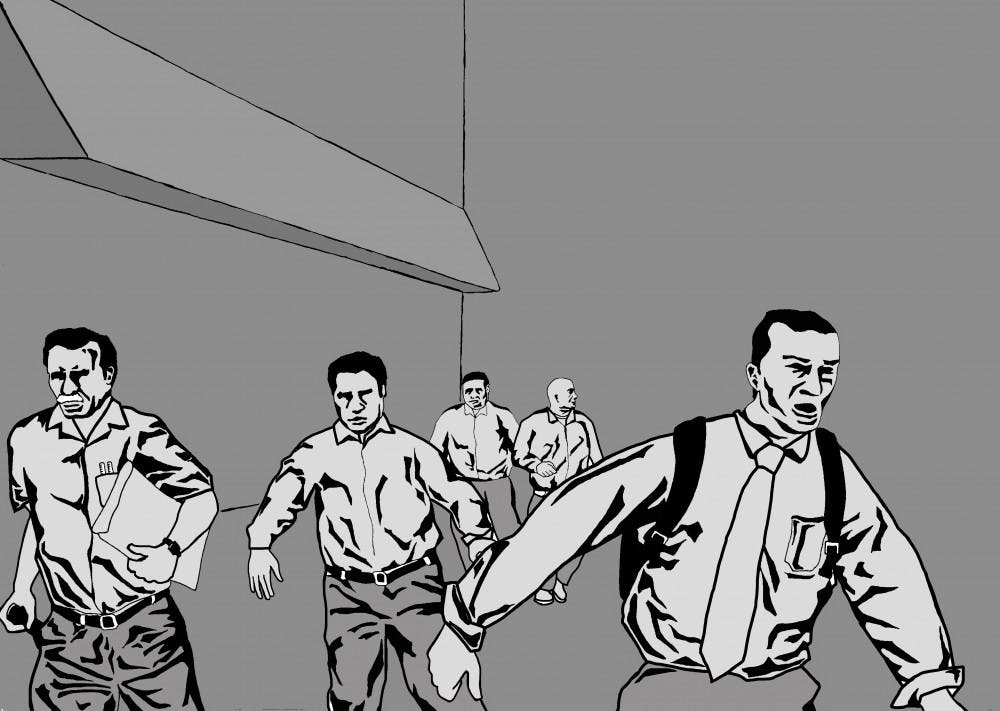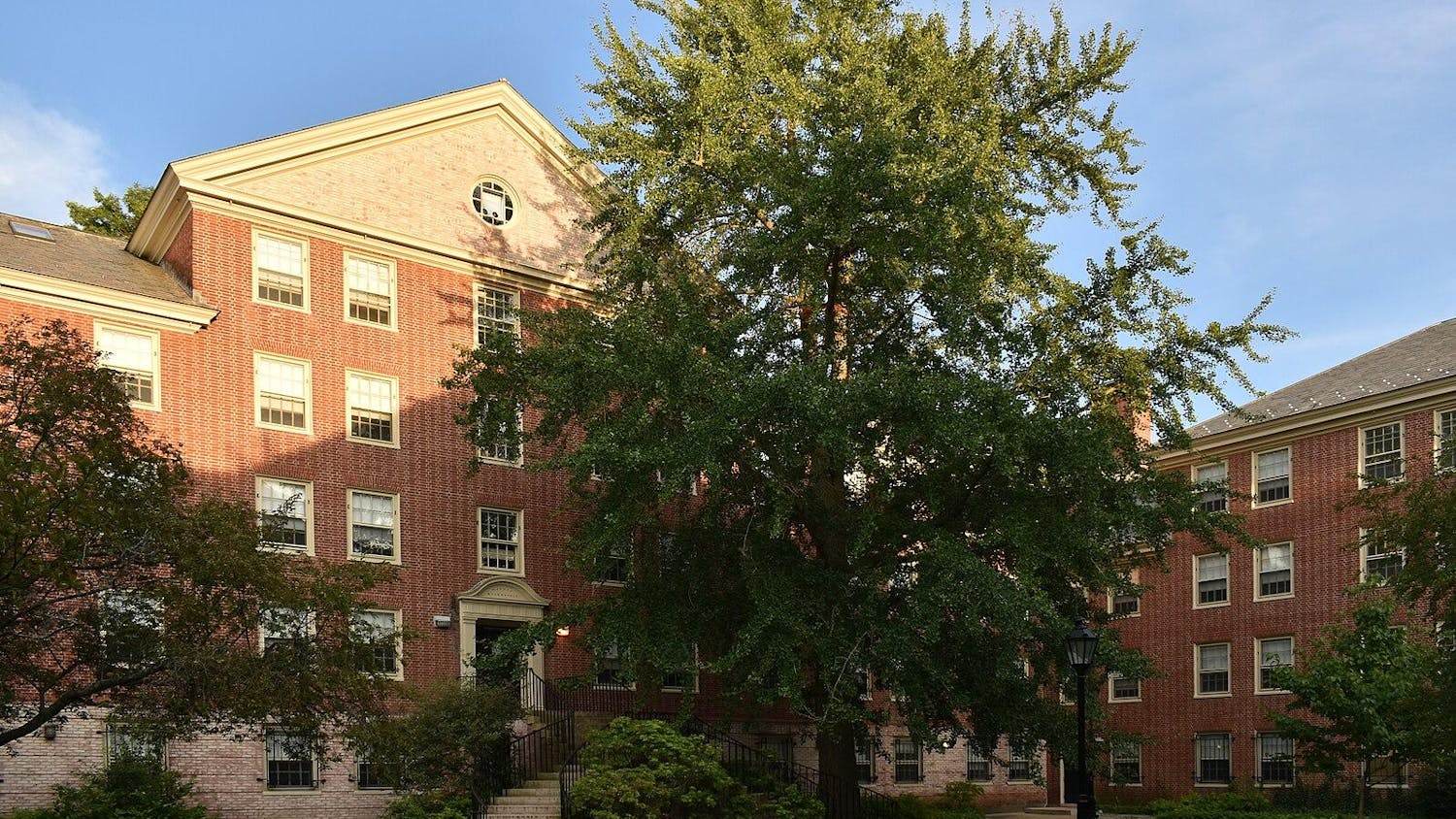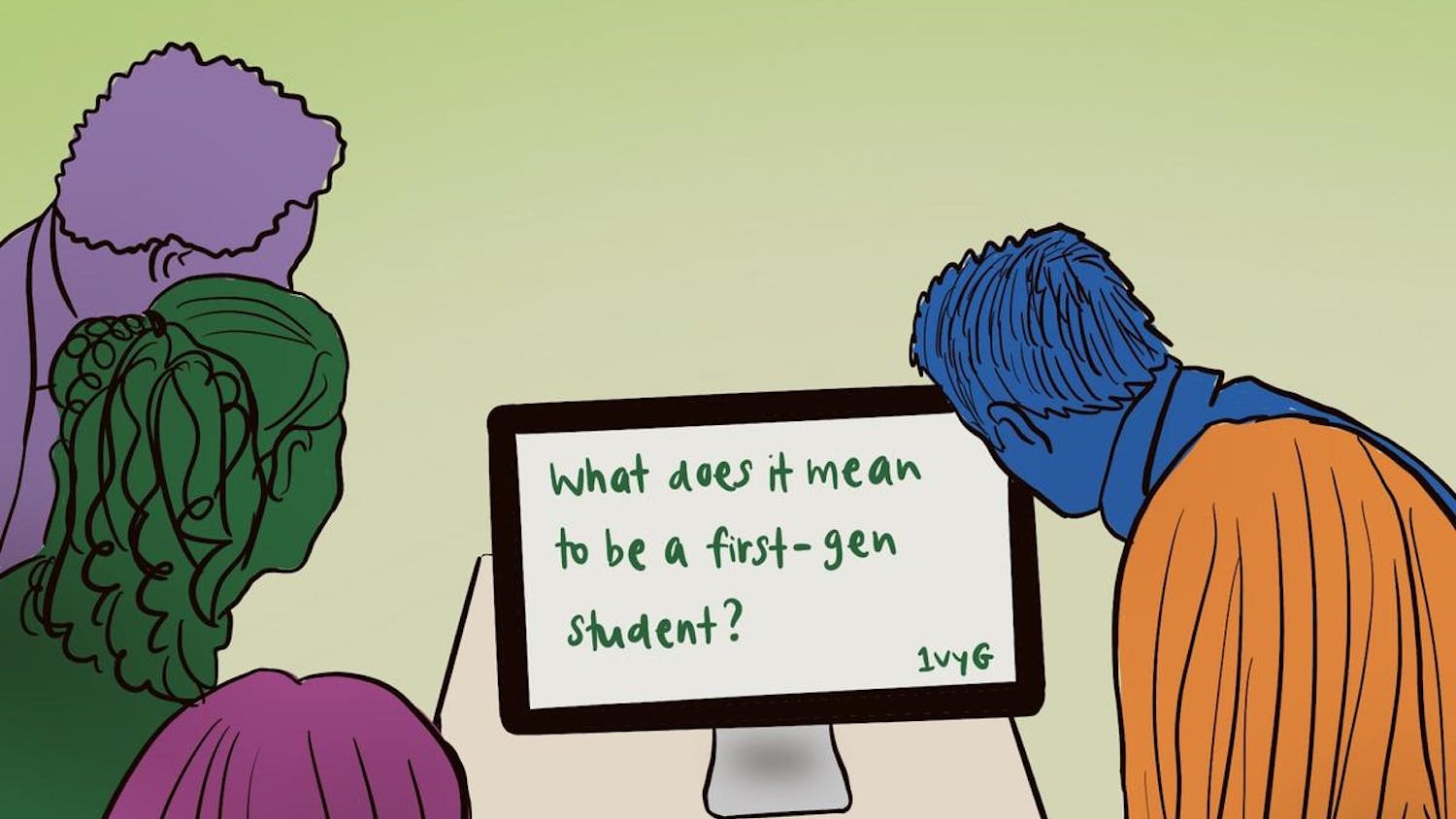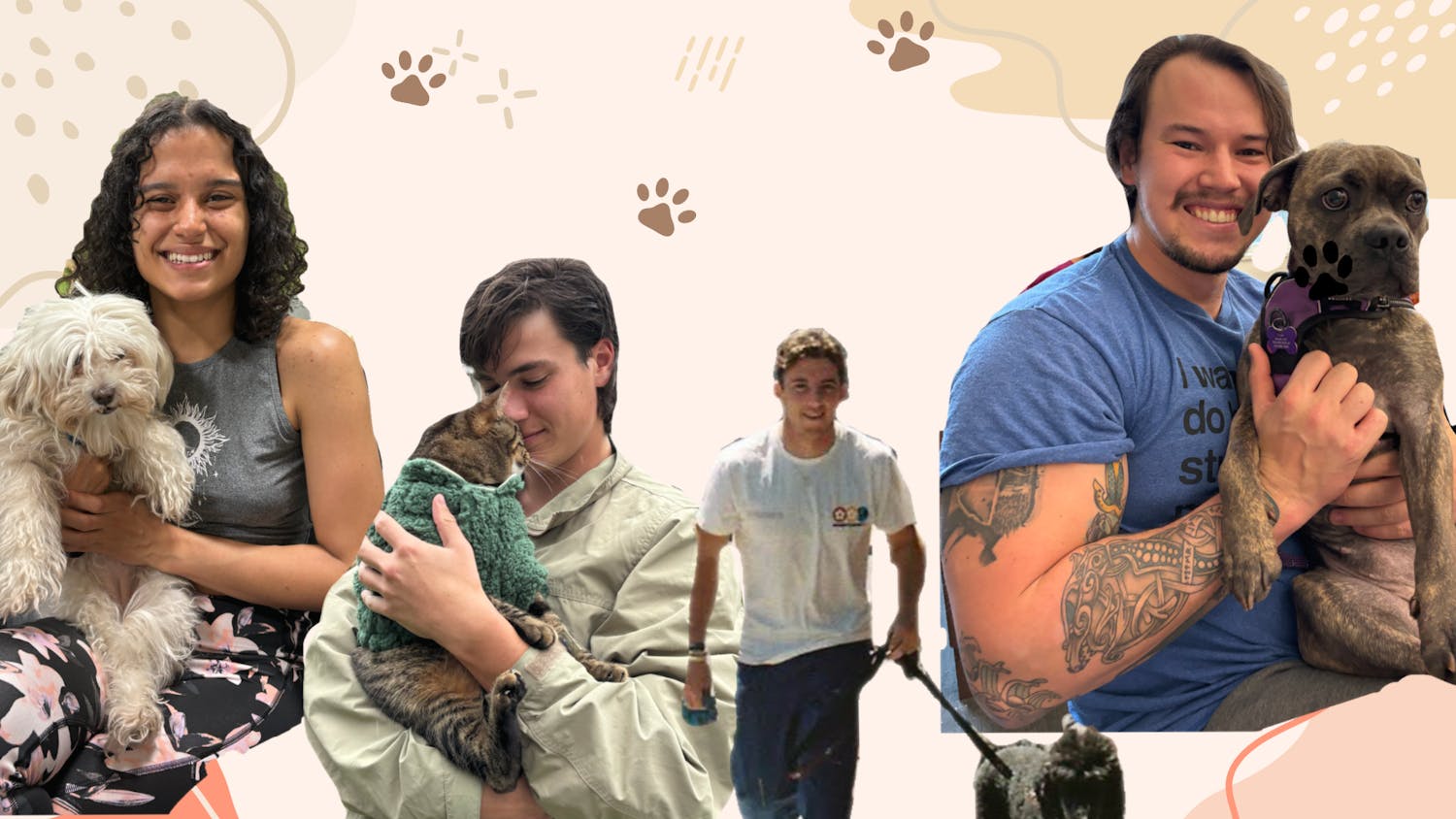While many students at Brown might not remember the events of the 9/11 attacks, some University professors still vividly recall the events of that day as well as its aftermath, carrying with them reflections 20 years later.
The Herald spoke to four professors about their recollections of that day and how those experiences inform their teaching of 9/11 today.
“It was an absolutely beautiful day,” said Daniel Kim, an associate professor of English and American studies, recalling the early Sept. 11 morning he spent in his home. “I hadn't realized how difficult it would be to think about that stuff … I've been avoiding the coverage to be honest,” Kim said, visibly filled with emotion.
On Capitol Hill, working as the Deputy Chief of Staff for Sen. Carl Levin, Richard Arenberg, now visiting professor of political science, watched the events unfold from a TV in his office. “As we all were staring at the screen, we actually saw the second plane hit the second tower. At that point, it was immediately clear that we were dealing with some sort of terrorism.” Later that day, “members of Congress and a few staffers began to filter back to the Capitol and assemble on the Capitol steps … The entire group began to sing ‘God Bless America.’ It still chokes me up a little to think about it,” Arenberg said.
Shortly after the 9/11 attacks, the nation was overtaken by a sea of conflicting responses. It was a “true dividing point” in American history, Arenberg said. This past Saturday marked the 20th anniversary of the tragedy.
Reactions at Brown, UNC and Capitol Hill
Professor of European History Omer Bartov was teaching a class of about 65 students at Brown on 9/11. When he asked if students wanted to talk about what was happening, many of them asked questions like: “What did we do wrong? Why is this happening to us? Why are we being attacked?”
Soon later, though, the general “moment of innocence” reacting to the attacks was “replaced by an urge for revenge,” Bartov said.
During the 9/11 attacks, Catherine Lutz, the co-director of the Costs of War project and professor emerita of international studies, was publishing a book at the University of North Carolina about the United States’ constant involvement in war during the 20th century. Fearful that the United States would overreact with a declaration of war instead of other alternatives, Lutz and other colleagues at UNC organized a teach-in a few days after the attacks, which around a thousand students attended, she said.
But “it was clear that a lot of people were extremely afraid and that fear also created a lot of anger, a desire for revenge and just lashing out,” Lutz said. In response to the teach-in, the organizers received death threats, she said.
Spearheaded by Lynne Cheney, former Second Lady of the United States, the American Council of Trustees and Alumni released a report condemning critics of the war on terrorism, including a list naming 40 professors. Lutz and others on the panel were placed on the list after the teach-in, according to Lutz.
Meanwhile, Arenberg remembers a sense of unity on Capitol Hill: It was “a real sort of coming together … a sort of bipartisanship, a period of time when members of Congress saw themselves first in terms of representing the American people and second as Democrats or Republicans.”
Commemoration and lessons not learned
As America commemorates the 20th anniversary of 9/11, Bartov warned that “we have to be careful about ... learning the wrong lessons from it,” because “the lesson is often a lesson of violence, rather than of humanity.” One-sided commemoration, which simply frames the United States as “in the right,” can “very often just slide into self-justification” and may lead to similar events happening again, Bartov said.
In celebrating the soldiers, firefighters, policemen and others who put their lives on the line, Bartov, who is a veteran of the Israel Defense Forces, suggested “not just to talk about it, but to pay up” and “make sure that those families are taken care of.”
When Arenberg has been asked how he thinks the United States can return from its post-9/11 polarized state, he has usually responded that “it’s likely to take some sort of huge catastrophic event.”
But the partisan split following the COVID-19 pandemic has challenged his notion: “It’s a very profound disappointment to me, and really kind of depressing, to see the way that our country has responded,” he said. “If a pandemic with more than 600,000 people dead in our country is not enough to shock the body politic, it’s hard to think of what would.”
Current approaches in the classroom
As most current undergraduates were too young to remember 9/11 or were born after the attacks, professors face a unique challenge when discussing the event in the classroom.
In discussing the subject, Arenberg ties in his personal experiences. “Certainly everyone is aware of the event having occurred, but unless you experienced it, it’s hard to convey just how much it impacted everyone in the country,” he said. “I just think it animates that for students, to hear those firsthand stories.”
Kim plans on introducing a concept called “Postmemory” in his course ENGL 1710M: “Nationalizing Narratives: Race, Nationalism and the American Novel.” Though students will not have firsthand memories of the event, they can have “virtual” memories by means of the stories and experiences of the previous generation.
Bartov hopes that Brown students “try to understand these 20 years, their own first 20 years … in which this society went through a really profound and largely, I would say, troubling transformation,” he said. “Try and think (about) what your generation can do to turn things around, not by hating people ... but (by) thinking in more critical ways.”
There is hope in repairing a society “in dire need of repair since 9/11,” he said.

ADVERTISEMENT




